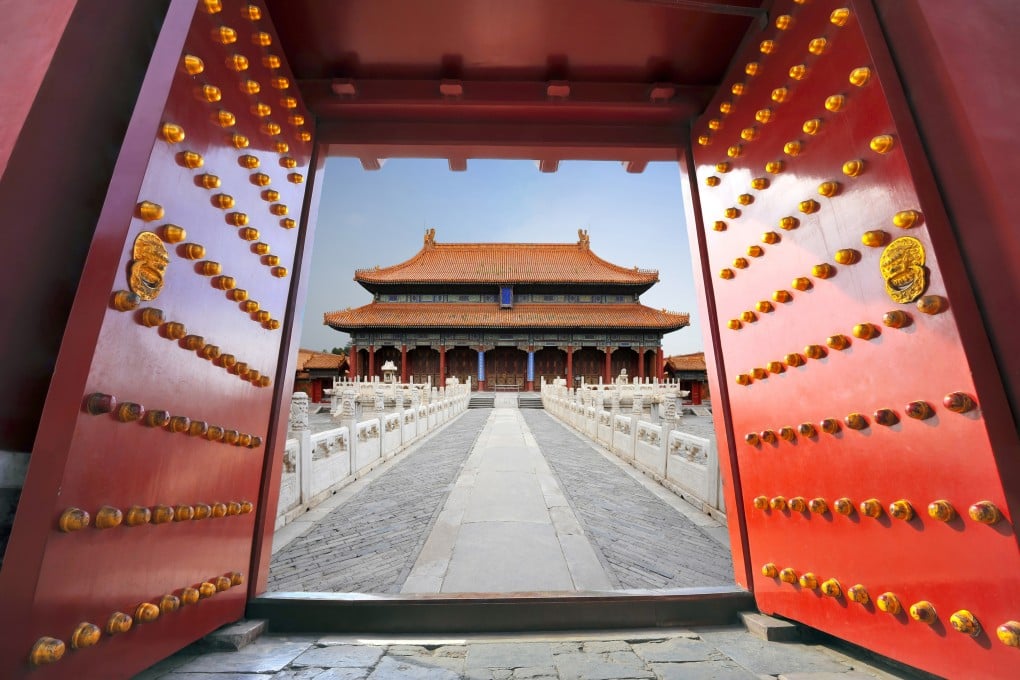Advertisement
Qing dynasty expert Gao Xiang named head of China’s leading policy think tank
- Leading historian promoted as president of the Chinese Academy of Social Sciences, which helps to shape party ideology
- Gao Xiang is regarded as an expert on the country’s two last imperial dynasties who ruled from the 16th to the 19th centuries
Reading Time:2 minutes
Why you can trust SCMP
10

Beijing has appointed historian Gao Xiang, a specialist on the Qing dynasty, to head the influential Chinese Academy of Social Sciences (CASS) think tank.
Gao, 59, replaces Shi Taifeng, whose short seven-month tenure ended with his appointment after the 20th party congress to lead the United Front Work Department.

Gao served under Shi’s predecessor – the veteran economist Xie Fuzhan who headed CASS from 2018 – as vice-president, before his promotion last year as the think tank’s deputy party secretary.
Advertisement
While a number of regional think tanks have emerged in China, CASS stands out for its role in shaping the ideology behind the party’s policy formulation. Its academics also keep close ties with the top echelons of the Chinese government.
In June this year, an article written by a panel led by Gao and published in a Chinese Academy of History journal sparked an internet storm when it was interpreted by online commenters as a defence of the “closed door” policy of the Ming and Qing dynasties.
Advertisement
The article argued that – contrary to widespread opinion – China’s feudal rulers from the 16th to the 19th centuries did not pursue a policy of complete isolation, but one of “self-restriction” designed to protect the national interest and sovereignty and ward off Western invasion and colonisation.
Advertisement
Select Voice
Select Speed
1.00x